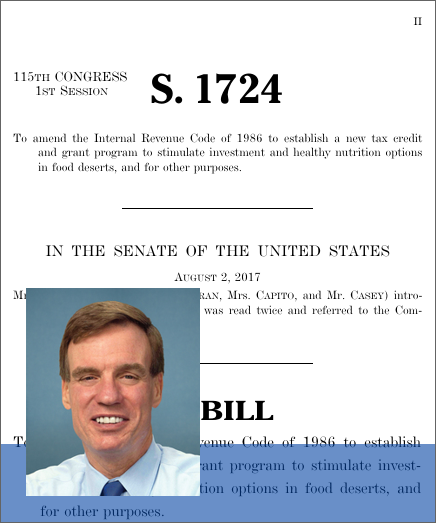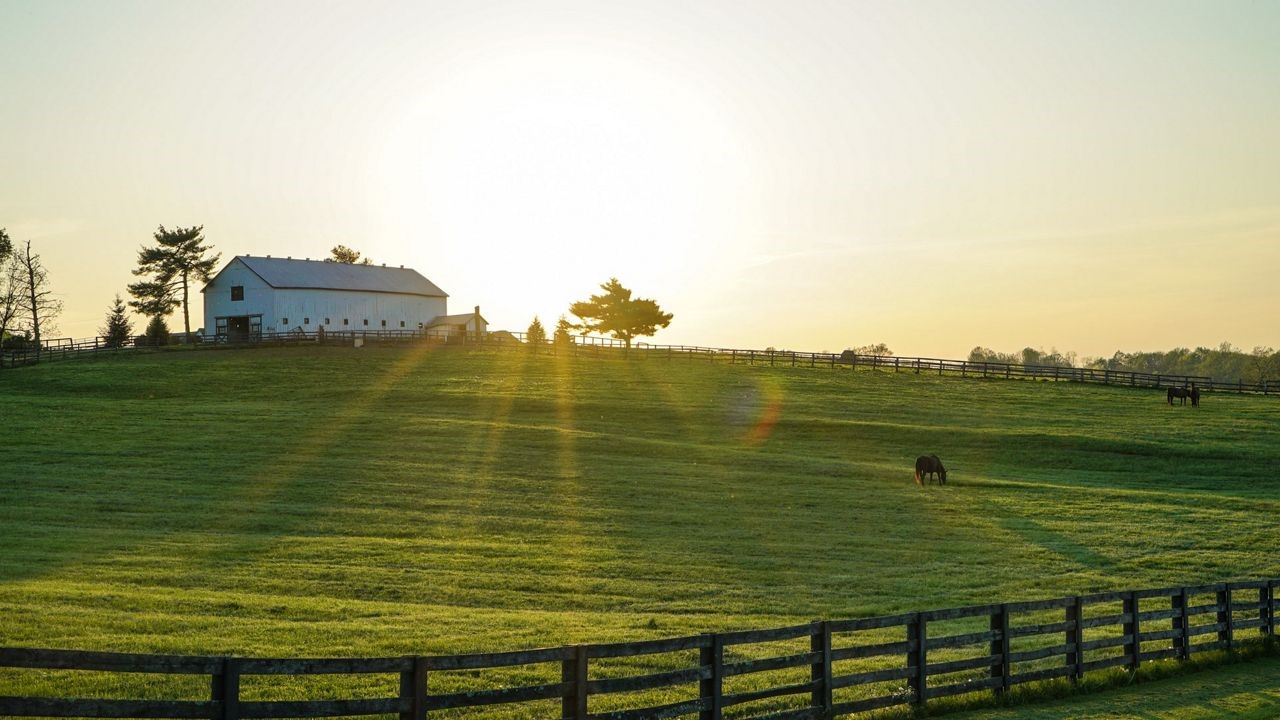Food Deserts, COVID-19, and the Path Forward
By. Elisa Teeter, Associate Editor, Vol. 27

The USDA defines “food deserts” as areas that meet both low-income and low-access criteria based on census data.[i] To meet the low-income criteria, either 1) the poverty rate must be greater than or equal to 20% or 2) the median family income in the area does not exceed 80% of the statewide or metro-area median family income.[ii] To meet the low-access criteria, at least 500 people or 33% of the population must be located more than one mile, in urban areas, or 10 miles, in rural areas, from the closest large grocery store or supermarket.[iii] Other factors which contribute to low-income and low-access conditions include unemployment and lack of private vehicle access. [iv]
In addition to poverty and distance, access to fresh foods including produce and non-processed foods, rather than high-sugar and highly processed alternatives, is a large concern for these communities.[v] Reduced access to fresh food leads these communities to purchase and consume lower nutrition meals from fast-food and small neighborhood convenience stores.[vi] These trends have aided the prevalence of adverse health outcomes such as diabetes, heart disease, hypertension, and mental health conditions.[vii] Consequently, these underlying conditions increase the likelihood of individuals becoming severely ill if they catch COVID.[viii]
Today, nearly 40 million Americans live in food deserts.[ix] Food deserts are known to have a higher concentration of people of color within them.[x] According to CDC data from November 2021, Hispanic and Latino Americans, Black Americans, Asian Americans, and American Indian and Alaska Natives are 2.1x, 1.9x, 0.9x, and 2.2x, respectively, more likely to die from COVID than white people.[xi]

In recent years, various members of Congress have introduced bills with the goal of ending food deserts.[xii] In 2017, Rep. Andre Carson of Illinois introduced the Food Deserts Act. The Bill aims to shrink food deserts by directing “the Secretary of Agriculture to make grants to States to support the establishment and operation of grocery stores in underserved communities, and for other purposes.”[xiii] The Bill specifies projects and activities eligible for grants including opening a grocery store in an underserved community, supporting the operations of an existing grocery store in an underserved community, and facilitating the fair market purchase of such a grocery store.[xiv] Rep. Carson reintroduced the Act in October of 2020, but it remains in the House Committee on Agriculture.[xv]

In February of 2021, Senator Mark Warner of Virginia introduced the Healthy Food Access for All Americans (HFAAA) Act.[xvi] The Bill aims to eliminate food deserts by providing “incentives to food providers to expand access to healthy foods in these underserved communities.”[xvii] The Act would accomplish this by granting tax credits or grants to food providers who serve underserved communities and attain a “Special Access Food Provider” certification from the Treasury Department.[xviii] Incentives would be given to food providers in differing amounts based on whether they construct new stores, retrofit existing grocery store structures, build new permanent structures for food banks, or operate as temporary access merchants such as mobile markets.[xix] This Bill has been referred to the Senate Committee on Finance.[xx] The Bill has also been introduced to the House by Rep. A. Donald McEachin of Virginia and Rep. Tim Ryan of Ohio.[xxi]

While a larger solution is still in progress in Congress, state and local governments are trying to combat the problem as well.[xxii] One example is New York Senate Bill S1908A introduced by New York State Senator Robert Jackson in January 2021.[xxiii] The Bill aims to increase access to fresh produce in food deserts.[xxiv] The Bill would accomplish this by having the state purchase fresh produce from farms within the state, using monies appropriated for the program, and distributing it to food deserts.[xxv] The Bill also aims to promote market participation of and re-establish farm ownership by farmers who are from under-represented communities including Black, indigenous, and other communities of color.[xxvi] The Bill was revised in March of 2021 and is now with the New York Senate Committee on Agriculture.[xxvii]
As the COVID pandemic remains a threat as new variants spread, Congress and state governments need to take immediate action to eliminate food deserts to improve the health of these communities. In turn, access to healthy food will also help underserved communities to better stand up to COVID.
[i] ERS, Characteristics and Influential Factors of Food Deserts 6 (USDA 2012).
[ii] Id.
[iii] Id.
[iv] Id. at 13.
[v] Scott Haskell, How the Covid-19 Pandemic Affects Food Deserts, Institute for Food Laws and Regulations (Feb. 2, 2021), https://www.canr.msu.edu/news/how-the-covid-19-pandemic-affects-food-deserts.
[vi] Id.
[vii] Id.
[viii] CDC, https://www.cdc.gov/coronavirus/2019-ncov/need-extra-precautions/people-with-medical-conditions.html (last visited Jan. 6, 2022).
[ix] Press Release, Mark R. Warner, Warner Introduces Bipartisan Bill to Increase Access to Nutritious Foods, Help Eliminate Food Deserts (Feb. 3, 2021), https://www.warner.senate.gov/public/index.cfm/2021/2/warner-introduces-bipartisan-bill-to-increase-access-to-nutritious-foods-help-eliminate-food-deserts.
[x] ERS, supra note i, at 27.
[xi] CDC, https://www.cdc.gov/coronavirus/2019-ncov/covid-data/investigations-discovery/hospitalization-death-by-race-ethnicity.html (last visited Jan. 6, 2022).
[xii] See, c.f., Food Deserts Act of 2017, H.R. 3104, 115th Cong. (2017).
[xiii] Id.
[xiv] Id.
[xv] Press Release, Congressman Andre Carson, Rep. Carson Reintroduces Bill to Fight Food Deserts (Oct. 7, 2020), https://carson.house.gov/newsroom/press-releases/rep-carson-reintroduces-bill-to-fight-food-deserts.
[xvi] Warner, supra note ix.
[xvii] Id.
[xviii] Id.
[xix] Id.
[xx] Healthy Food Access for All Americans Act, S. 203, 117th Cong. (2021).
[xxi] Press Release, U.S. Congressman A. Donald McEachin, McEachin, Ryan Introduce Legislation to Eradicate Food Deserts (Feb. 24, 2021), https://mceachin.house.gov/media/press-releases/mceachin-ryan-introduce-legislation-eradicate-food-deserts.
[xxii] See, c.f., S.B. S1908A, 2021-2022 Legis. Sess. (N.Y. 2021).
[xxiii] Id.
[xxiv] Id.
[xxv] Id.
[xxvi] Id.
[xxvii] Id.
